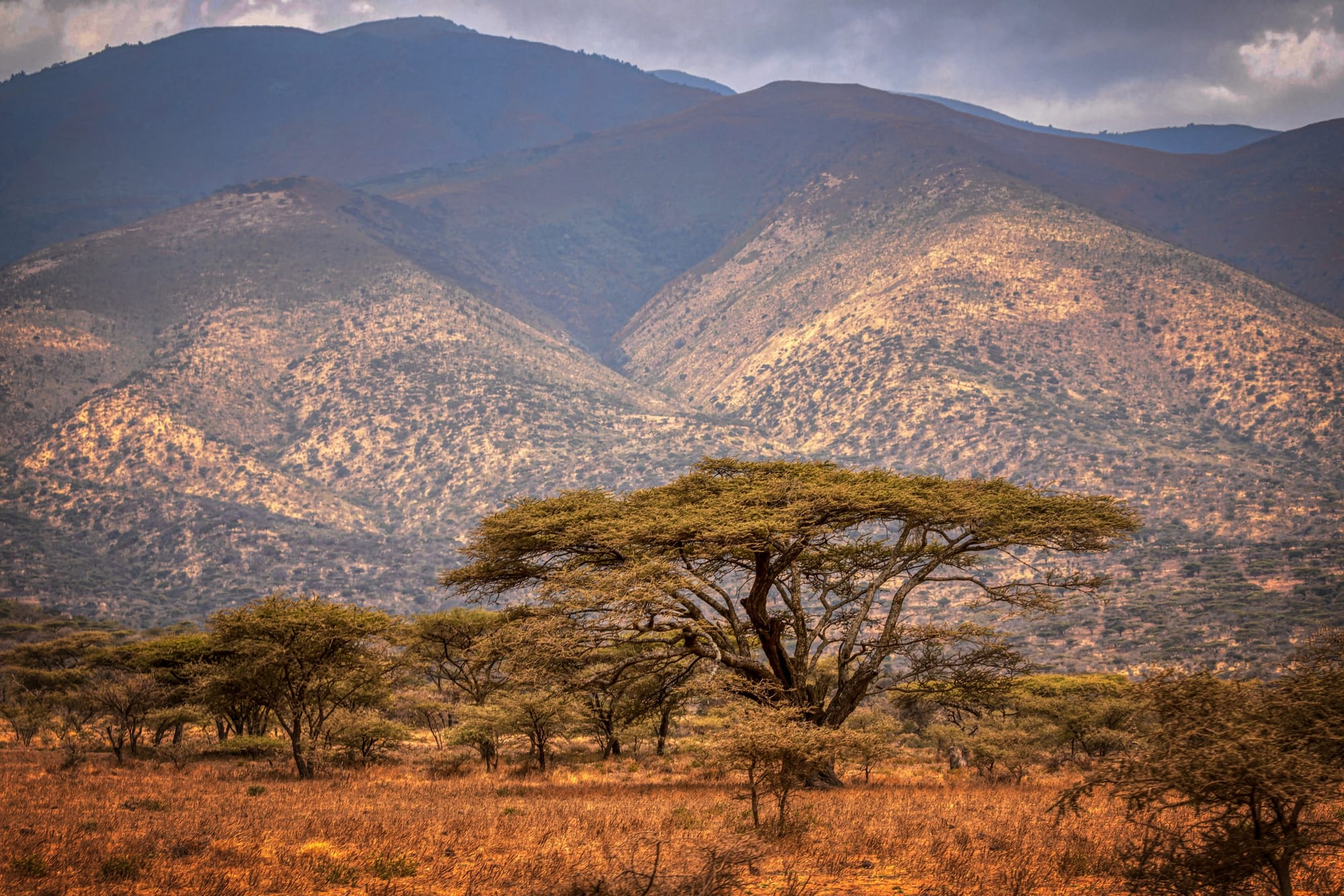
Tanzania in the 15th century
The current country of Tanzania was formed in 1964 through the merger of the nations Tanganyika and Zanzibar. In the 15th century, the Portuguese explorer Vasco da Gama became the first European to set foot on Tanganyika, bringing the majority of the land under Portuguese rule. Zanzibar, ruled by the Portuguese until 1699, was later ousted by Arabs from Oman. In the late 19th century, Tanganyika became a German colony.
Tanzania from 1905
Except for the anti-colonial uprising in 1905, known as the Maji Maji Revolution, which was suppressed by German troops, Tanganyika remained a tranquil part of the German empire. After World War I, the colony was taken over by the British and fell under the mandate of the United Nations.
Tanzania from 1961
In 1961, Tanganyika gained independence, and the Tanganyika African National Union (TANU) became the primary political party. Its charismatic leader, Julius Nyerere, retained his position as president from independence until 1985.
In 1963, Zanzibar became a sultanate. After 12 months, the sultan was overthrown by radicals from the Afro-Shirazi Party who staged a coup. This party soon merged with TANU on the mainland, giving rise to the country's sole political party, the Chama Cha Mapinduzi (Revolutionary Party of Tanzania). Under Julius Nyerere's leadership, Ujumaa (communalism) was introduced, aiming to relocate rural populations to new villages where they would collaborate harmoniously. Unfortunately, due to mismanagement, these plans saw limited success, and Nyerere, under pressure from the IMF, had to opt for economic liberalization and political democratization.
Tanzania from 1985
In 1985, Nyerere stepped down as president, succeeded by Ali Hassan Mwinyi, the former vice president of Zanzibar. Mwinyi advocated for introducing market principles into the economy and politics. Economic reforms progressed slowly, mainly due to bureaucracy. Despite this, Mwinyi was determined to increase Tanzania's productivity, attract foreign investors, and thus stimulate economic growth.
Tanzania from 1995
In 1995, Benjamin Mpaka was elected president, continuing Mwinyi's political ideas. The economy and tourism experienced growth. In 2005, Mpaka was succeeded by the charismatic Jakay Mrisho Kikwete, who is still the president to date. He revitalized the CCM party and contributed to the current economic growth of the country.